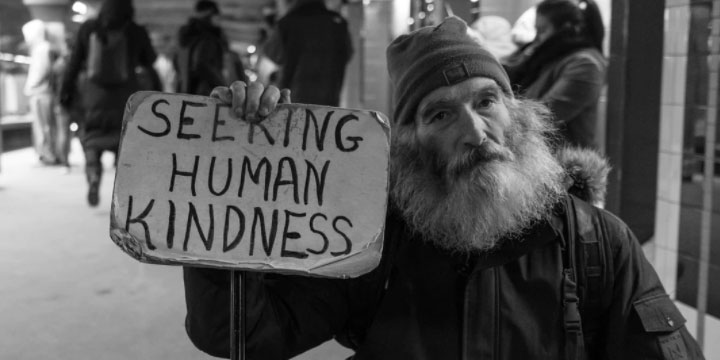
Progressives are never homeless at the State House.
An observer doesn’t have to be cynical to wonder why the Huffington Post published its extensive article warning of the RI Political Co-Op’s division of Ocean State progressives yesterday. After all, the article was fueled in large part by “a left-wing Rhode Island activist who requested anonymity to protect professional relationships.” Anonymous sourcing in a case like this implies purpose.
Perhaps it has something to do with the traction that co-op leaders Matt Brown and Cynthia Mendes, the group’s candidates for governor and lieutenant governor, respectively, are getting with the political theater of camping outside the State House in the name of helping the homeless. Patrick Anderson reports for The Providence Journal:
By Wednesday morning, the five-tent encampment remained on the marble and brick plaza in front of the capitol. Mendes and Brown were among six people associated with the Rhode Island Political Cooperative who slept outside in solidarity with those who have no place to live, and they expect the encampment to grow.
Although the state police told the protesters they couldn’t stay where they were, they did not arrest anyone or forcibly remove the tents.
Homelessness is a good issue for progressives, and it illustrates their built-in political advantage. Mendes can uncharitably insist that “the political establishment” believes that people should freeze to death, but it’s not true. Our state’s political insiders don’t care about a lot of things that they should, but nobody believes people should freeze on our streets.
However, homelessness is a complex problem with contributing causes that range from mental health to education to housing policy to the economy, which could be broken down into a whole series of subcategories. The dirty secret from which Brown and Mendes’s theater distracts is that homelessness is at the bottom of a mudslide that progressive policies exacerbated. The complexity of the issue helps them, in other words, by making it difficult to trace the results back to the poorly considered policies that began the human catastrophe.
Here are some high-level examples: Taxation draws money out of the economy, which is where we come up with solutions for helping one another organically. Regulations absorb decision-making into government, where the driving motivation is to appear active so as to win elections, rather than actually solve problems so as to prove value. The focus on people as representatives of identity groups binds them to their flaws while making actual solutions for helping individual human beings more difficult to see. Progressive social policy destroys the cultural underpinnings of healthy families and healthy lives.
Most essentially, however, the damaging quality is that progressives behave as if their expressions of concern directly imply solutions, as if to say, “just fix it.” Because they believe the solutions are obvious, there must be some evil group refusing to do what is needed. And because “just fix it” solutions tend to cover up problems, rather than resolve them, applying this approach to issue after issue piles up the side effects and consequences until… mudslide.
Look to San Francisco to see how this escalates to turn progressive-run cities into hellholes. Across all of society, implied-as-obvious solutions reduce incentive to avoid unhealthy outcomes while undermining incentive to pursue healthy behavior.
At some point, Brown and Mendes will declare victory, pack up their tents, and return to their comforts, but only theatrical challenges are that easy to solve.
Featured image by Matt Collamer on Unsplash.

